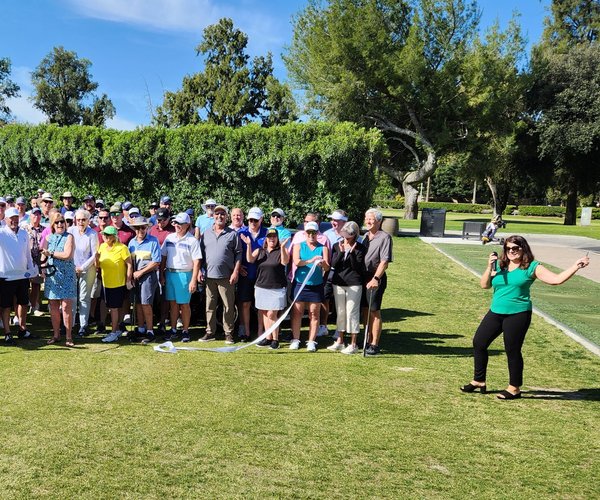This Father’s Day Turlock resident Les Crutcher will receive the greatest gift he could ever receive — a simple day with his family.
On May 1, Les donated one of his kidneys to his 5-year-old daughter Isabella, who had suffered from acute kidney failure after she ingested the E. coli bacteria strain, resulting in a kidney infection.
Les and Isabella recovered at a remarkable speed, and just a few days ago they both returned to their Turlock home and Les went back to his job at Yosemite Farm Credit. The road to recovery was quick physically, within just days of surgery Isabella was eating cheese pizza, pancakes and even bacon. However, emotionally it was a difficult process for the Crutcher family. Les’ wife, Cindy and son, Cameron, 8, remained for the most part in Turlock as Isabella and Les had to live close to the Children’s Stanford Hospital in Palo Alto.
Les and Isabella had to endure daily trips to Stanford for lab work so they rented apartment in Mountain View — which was quite a change from Turlock.
Looming in the background was the possibility that should one of those lab results bring back abnormalities in kidney function then Isabella or Les would have to return to in-patient care. Normally, a kidney replacement patient is expected to stay within a half-hour drive of the hospital for 100 days post-surgery. Patients must be monitored closely to see if the kidney is functioning properly and if immunity suppression drugs are working.
For Les and Isabella the trips for lab work paled in comparison to being apart from their Turlock family on a regular basis.
“Being apart was the biggest challenge for us. Now this is the best Father’s Day gift for us. We will all be able to be together at the same time,” said Les.
As for their health — Les is happy to report both are doing very well, as is evident by their speedy return to their lives in Turlock. Isabella is behaving like a typical five-year-old.
“She has more energy that you would believe, it’s really amazing. We live in a two story house and she is always running up and down the stairs,” said Les.
Les said the experience of giving his daughter life while potentially risking his own has left a permanent mark on him.
“You focus on things that are more important in life, like family and making time for them. This has brought us all closer together and I know that I will always have a special bond with Isabella,” he said.
After summer, Isabella will return to her school and begin first grade at Sacred Heart. Over the summer she is working on homework and project books to catch up in her academics — that is, when she’s not playing like a five-year-old should.
Her diet has a few restrictions — she has to avoid grapefruit because of a direct chemical conflict with her immunity suppression drugs, which she will have to take for the rest of her life. Also she must drink at least two liters of water a day, which Les said will undoubtedly lead to more bathroom breaks on family car trips. For the next four weeks Les and Isabella will continue to return to Stanford on a weekly basis for lab work, and in about two months they will only be required to submit lab work once a month — alternating between Valley Children’s Hospital in Madera and Stanford.
Fundraising efforts will continue on for Isabella. The average lifespan of a donated kidney is about 20 years. Unless medical advances improve she will likely need another transplant, which costs a tremendous amount of money — not including room and board and time off from employment for her parents.
The outpouring of support from the community has been amazing, said Les. The Crutcher family has an active account with the Children’s Organ Transplant Association, which is a national charity that helps communities raise money for transplant-related expenses and pays for expenses that medical insurance does not cover.
In the months leading up to surgery more than $100,000 was raised for the family.
“It was amazing how much support we received and we are so blessed and fortunate to have so many people care,” said Les.





